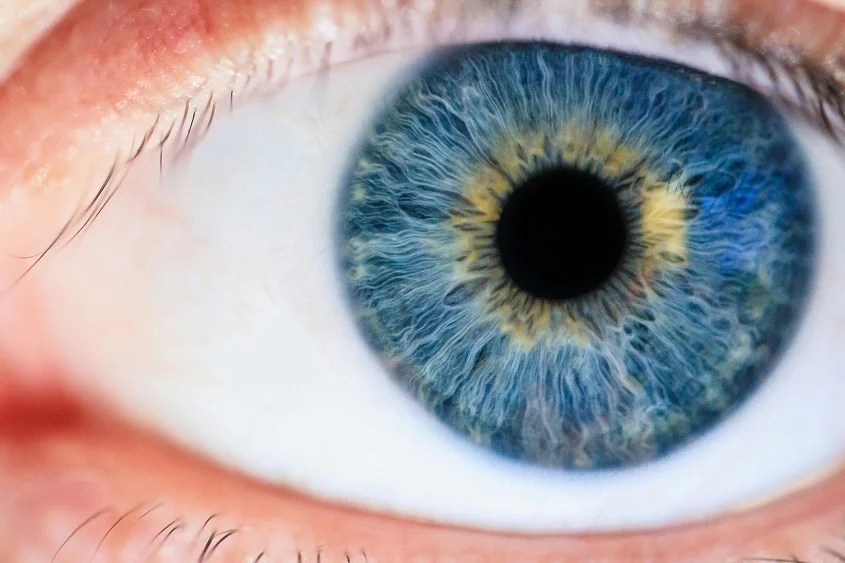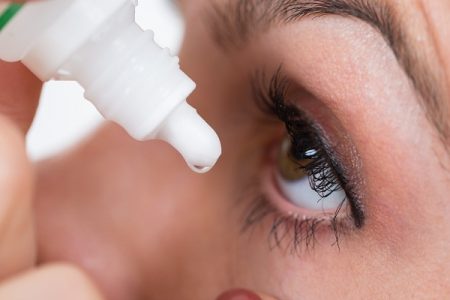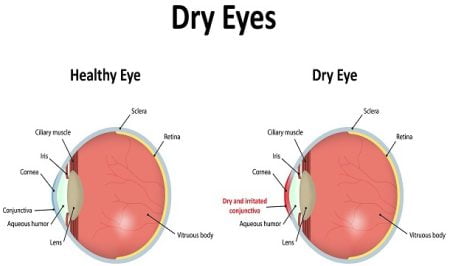Our daily routines often include long hours spent on screens, as computers, phones, and tablets are a significant part of modern life. These devices make work and leisure easier; however, they may impact our eye health if we do not take care of them. Let’s look at six tips to help your eyes remain in good shape in a digital world.

Schedule Regular Eye Exams
Regular eye exams can catch problems early, even if you feel fine. A check-up can reveal signs of eye strain and other issues. During an exam, your eye doctor will check your vision and may suggest ways to ease the strain of screen time. In cases where you might need corrective procedures, the skills and experience of a skilled LASIK surgeon can make a difference. These professionals offer advanced care to help improve your vision. For more details about their work, visit this page on experienced LASIK surgeons.
Use the 20-20-20 Rule.
Staring at screens for long periods can strain your eyes. A simple method to alleviate the strain is the 20-20-20 rule: every 20 minutes, take a break for 20 seconds and look at something that is 20 feet away. This brief pause allows your eyes to rest and helps prevent discomfort such as headaches and blurred vision. Setting a timer or reminder on your phone can assist you in remembering this routine.
Arrange Your Workspace for Comfort
How your workspace is set up can affect your eye comfort. Keep your screens at a proper height
and distance of around 20 to 30 inches from your face. Position your computer to minimise glare from windows or bright lights. Having a clear view without reflections can help reduce eye strain. Small changes in your setup may lessen fatigue and neck and shoulder pain that often comes from poor posture.
Wear Protective Eyewear
Screens emit blue light, which may contribute to eye strain and disturb sleep if used near bedtime. Some people opt to wear glasses that block blue light; lenses with an anti-reflective coating can also help reduce the amount of blue light reaching your eyes. If you already have prescription glasses, inquire if your lenses can be made with blue light protection. Adding this extra feature can help alleviate eye strain during long hours of using digital devices.
Eat Foods That Support Eye Health
Your diet affects your vision; certain vitamins and minerals help keep your eyes healthy. Foods that contain vitamins A, C, and E, along with omega-3 fatty acids and zinc, may help protect against common eye problems. Vegetables such as kale and spinach, fruits like berries and oranges, and fish such as salmon provide these nutrients. Additionally, drinking plenty of water is crucial, as dehydration can worsen eye strain and fatigue.
Take Regular Breaks from Screens
Even if you need screens for study or work, it helps to set aside periods away from them. Allocate some time each day for activities that don’t involve looking at the screen; this might include reading a book, chatting with someone in person, or taking a walk. Breaks from digital devices give your eyes a chance to rest and recover, so consider mixing up your routine or including activities that allow your eyes to refresh and relax.
Final Thoughts
Taking care of your eyes in a heavily digital world does not mean you need to make huge changes to your routine; a few simple habits can make a significant difference. Regular check-ups can catch issues early and provide you with guidance that meets your daily needs.
If needed, a LASIK surgeon becomes an important component of eye care. They specialise in providing options suited to individuals who experience visual issues.
Following the 20-20-20 rule and setting up your workspace for comfort are practical steps that can help reduce eye fatigue and care for your eyes long-term. Additionally, reducing screen time where possible allows your eyes regular breaks and prevents constant strain.
Every day, small choices accumulate to create a healthier routine for your eye care. By checking your vision, regulating, and adjusting your daily habits, you should be able to enjoy the benefits of digital devices without compromising your eyesight. Simple practices like protecting your eyes, resting them, and eating well significantly contribute to preserving comfortable and clear vision.
These steps are designed to help you take care of your eyes today. If you can integrate them into your routine, you will support long-term vision health.






